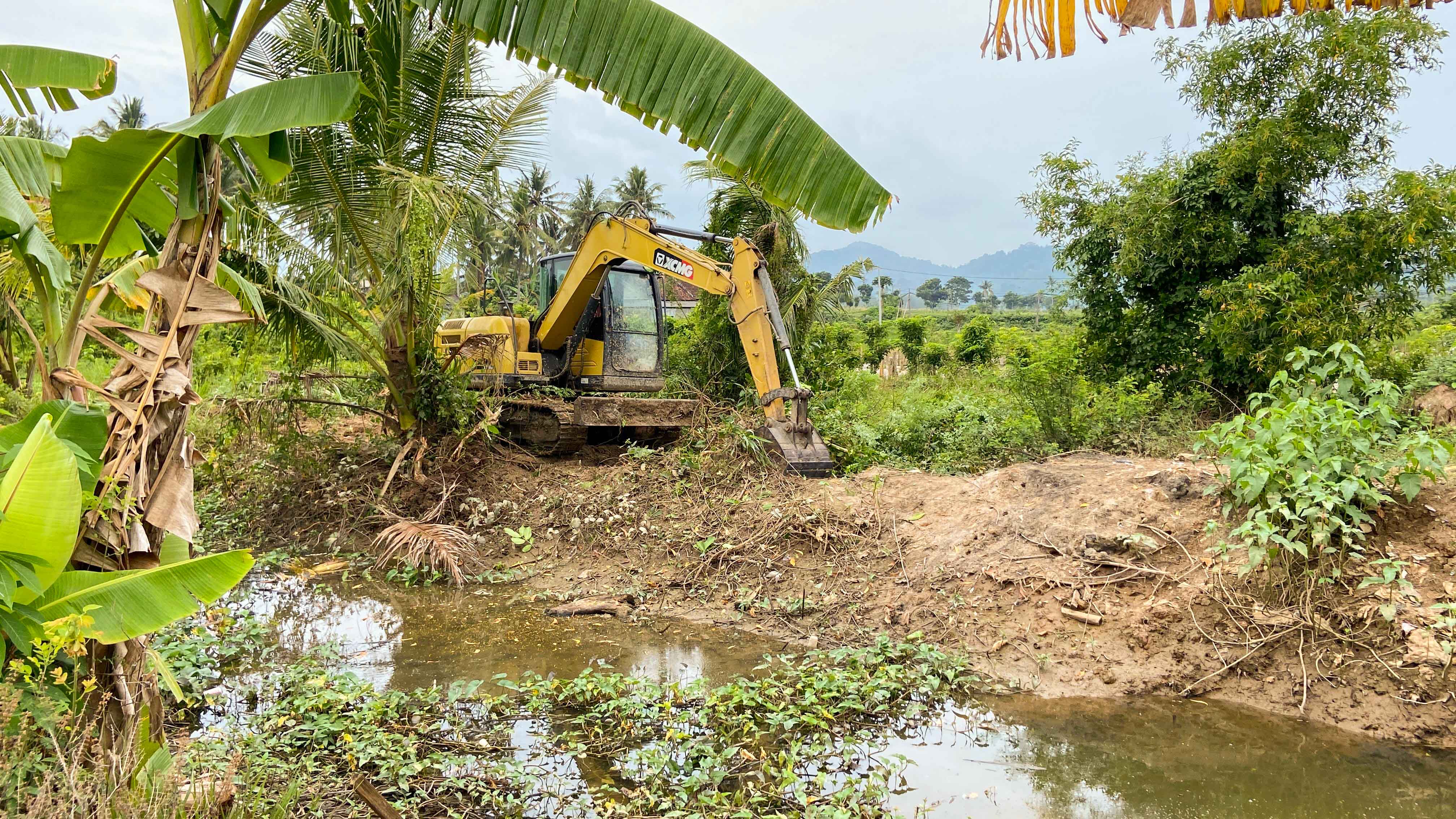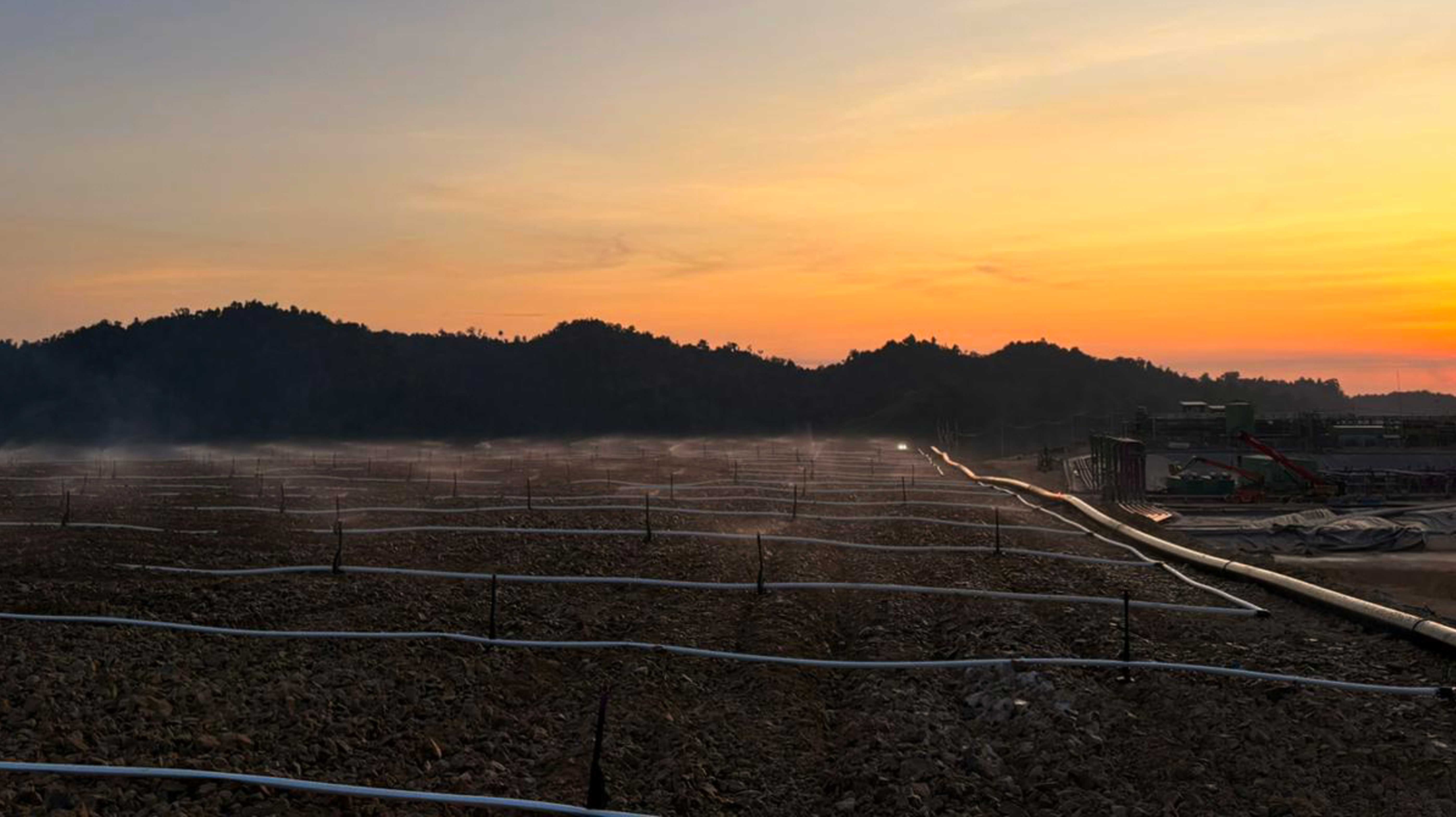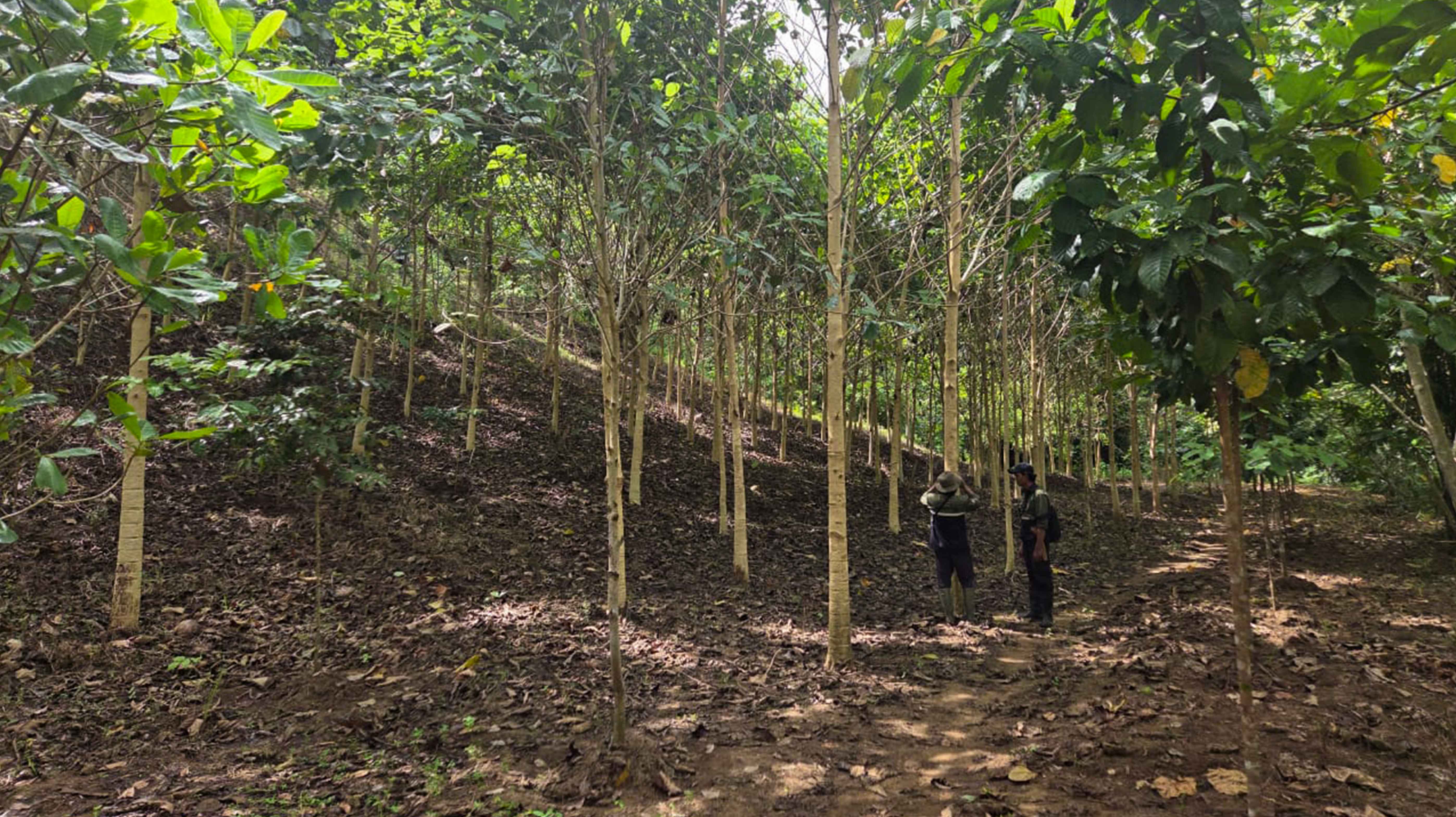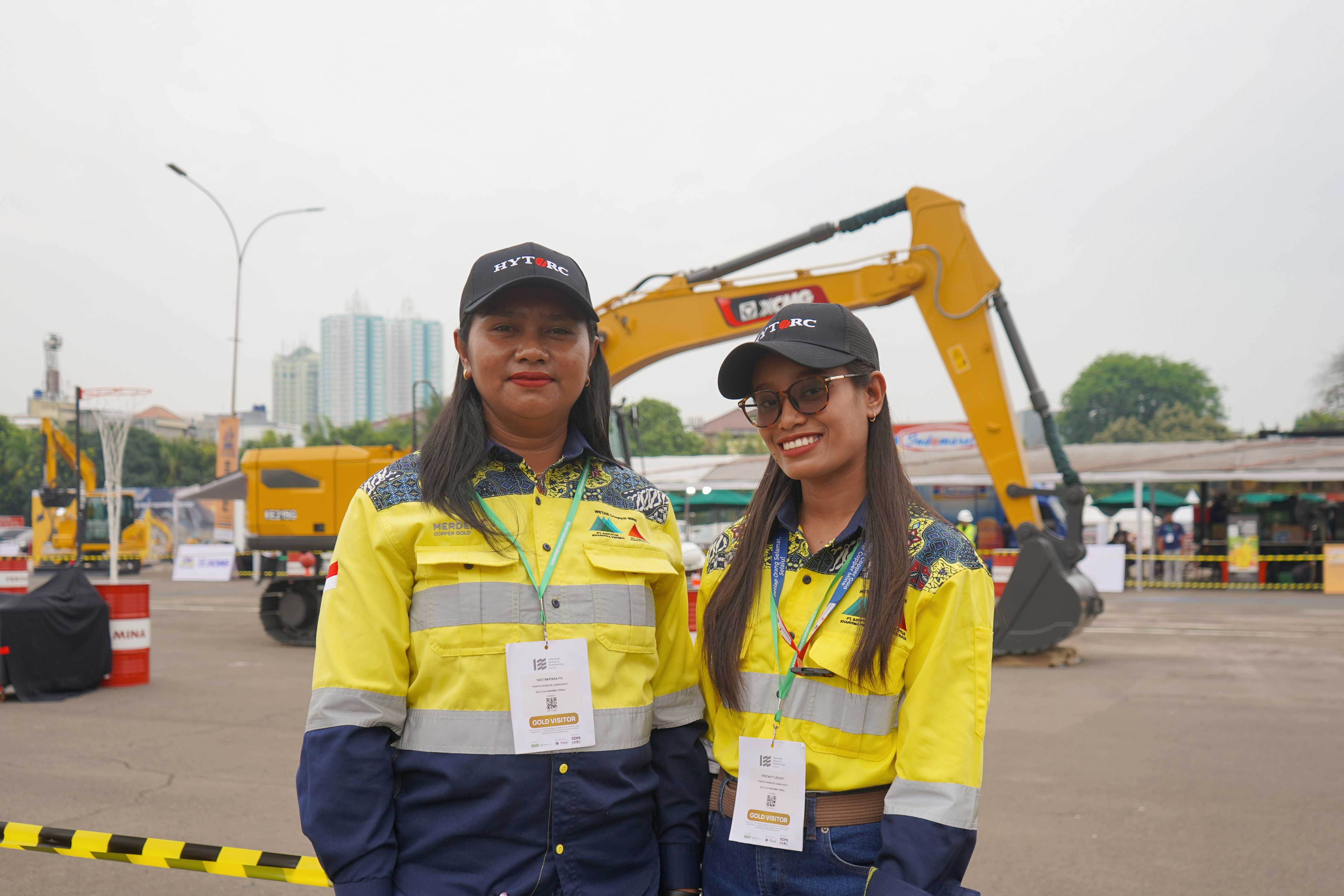
From First Experiences to First Award: Two Women Operators from Wetar Copper Mine at the 2025 Operator Championship
Working at the Wetar Copper Mine has brought Kristanty Lendert and Yanti Maryana Pio countless first-time experiences. One of them was competing on September 17–20, 2025, at the Operator Championship, part of the Mining Indonesia 2025 exhibition at the Jakarta International Expo. This showcase of heavy equipment operator skills also marked their very first time setting foot in Jakarta.
The journey to the capital was a challenge of its own. It took well over a dozen hours—if not more—to reach Jakarta from Wetar Island in eastern Indonesia, with two transits in Atambua and Kupang. In Jakarta, even greater challenges awaited.
The event was not only their first competition but also their debut operating an excavator in front of a live audience—beyond their own trainer. Once they had mastered the basics, they had to immediately compete against seasoned operators from other mining companies.
That was a leap, considering the machine they usually drive is not an excavator but an ADT, or articulated dump truck. Since joining Wetar Copper Mine in 2022, they have been operating the six-wheeled truck, equipped with a central hinge that makes it nimble across rough terrain. Mastering the ADT was itself part of their “firsts.” Before joining Mining Apprentice, a program created to recruit and train local women operators, neither of them had driven a four-wheeled vehicle. Unlike Kristanty, Yanti had not even ridden a motorcycle before. Their first vehicle turned out to be heavy machinery—something even licensed drivers might never manage.
They believe the key to work is the willingness to learn, since skills can be sharpened through intensive training. When chosen to compete in Jakarta, it felt like another chance to push themselves further.
Beyond working hours, Kristanty and Yanti were trained by Muslik, a Mining Trainer at PT Batutua Tembaga Raya (BTR), one of the two companies managing the Wetar Copper Mine. The process was not too different from regular training. “First comes the classroom, learning safety and equipment,” Muslik explained. “Then we go to the field, where they learn to operate the unit.”
“The time was very short, just fifteen days,” Yanti recalled. “But the trainer always supported us with full confidence. What mattered was being able to perform our best in the competition.”
For Agus Satari, Training Supervisor at BTR, the participation of Wetar Copper Mine in this national competition was equally significant. “Beyond carrying the name of BTR,” Agus said, “we want to show others that we have skilled operators.”
“Thank God I was able to complete the training well,” Kristanty said, hoping she and Yanti could show their very best.
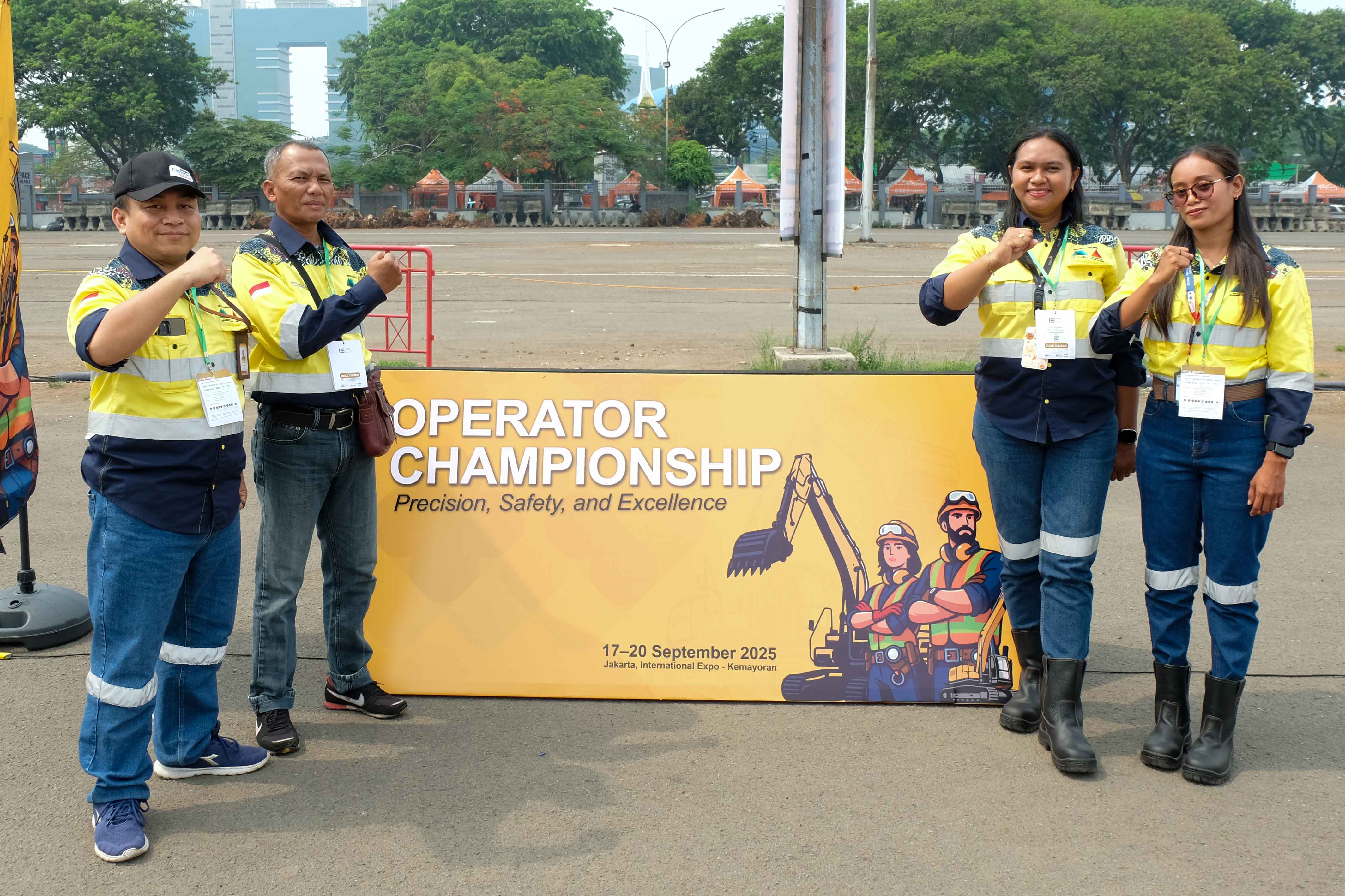
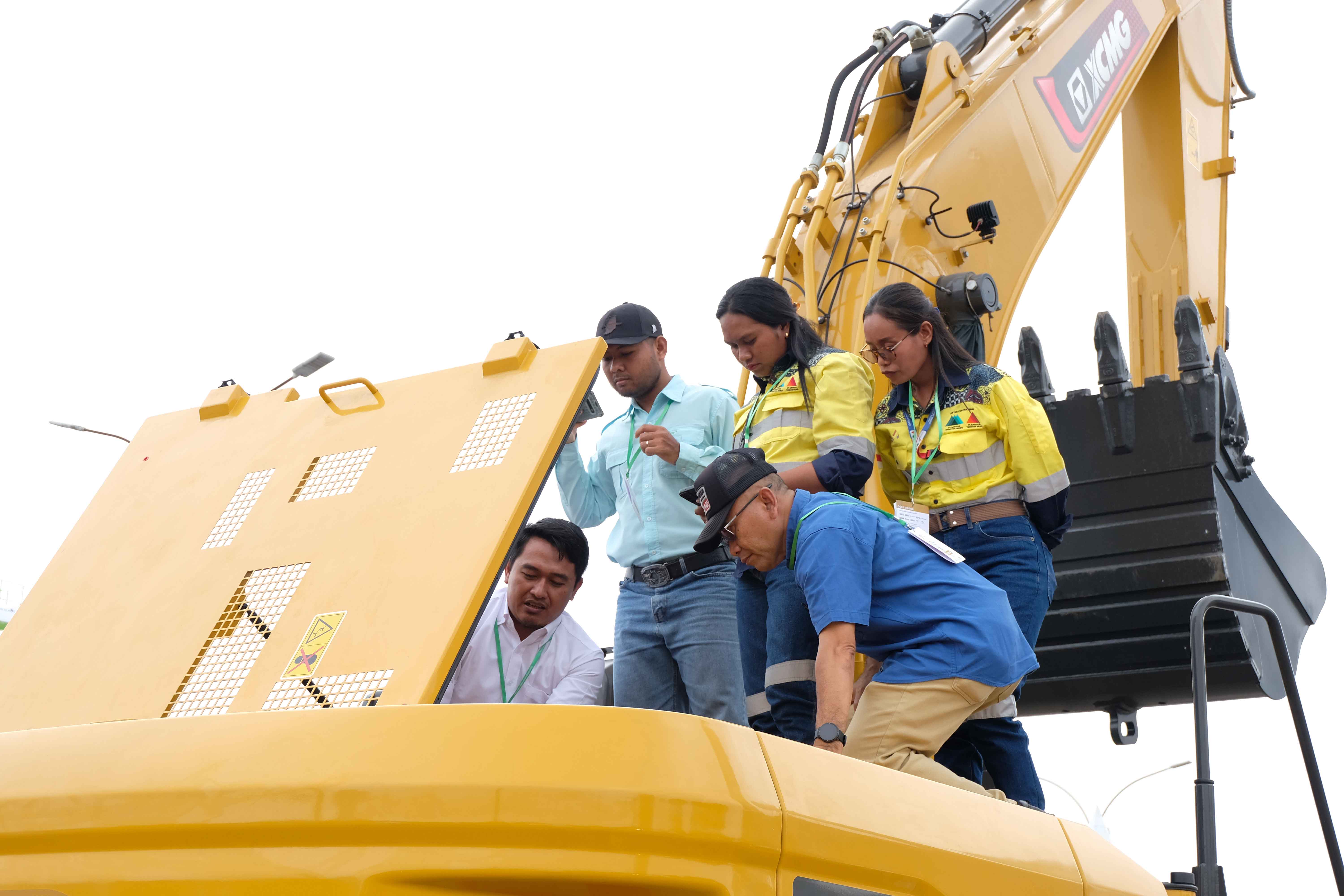
First photo: From left, Agus Satari, Muslik, Yanti Maryana Pio, and Kristanty Lendert. Second photo: The equipment introduction session.
If described simply, the 2025 Operator Championship challenge was straightforward: drop basketballs into three types of goals—a basketball hoop, an open oil drum, and a low wooden box the size of a desk drawer. In practice, however, it demanded extreme precision, even for seasoned operators.
Each participant was given ten basketballs, placed on traffic cones on one side of the excavator. Using the excavator’s bucket, they had to scoop the balls off the cones, lift them, then swing the arm across to drop them into the goals on the opposite side. The sequence of goals was up to the operator. Whoever managed to score in all three goals first—or scored the most within ten minutes—was declared the winner. Before the session ended, the excavator bucket had to be returned to its original position: resting on a pad of stacked burlap sacks.
“The hardest target is the box,” Kristanty admitted.
Yanti agreed: “The box is small. Once the ball hits inside, it bounces out.” In other words, a miss.
Operators competed in pairs, starting only when signaled by the referee. Touching the goal or the asphalt with the excavator bucket counted as a foul, leading to a yellow card. Red cards were issued for severe violations like damaging equipment, changing the machine’s settings, or driving out of bounds. The official match ended once all three goals had been scored, with the excavator bucket returned to its original position on the burlap sack pad.
The competition used a round-robin format, meaning each participant faced all others once, ensuring that the final results reflected consistency. Between elimination rounds, there were entertainment sessions, demonstrations, and open challenges.
Because participants from other companies withdrew, Kristanty and Yanti ended up being the only women among eight male operators. They faced each other as well as the men, with wins and losses alternating. In one open session, Kristanty even defeated an operator from another company.
Beyond the main competition, there was also an Exhibition match. All ten participants were split into two teams of five, led by Kristanty and Yanti. It was a relay format: each operator had to score two balls before switching out. Yanti’s team eventually edged out Kristanty’s.
Although they did not take home the main trophy, Kristanty and Yanti were honored with the Female Operator Pioneer Award. For them, it was a meaningful achievement—winning a top prize on their very first try would have been too many “firsts” at once. Both were grateful to represent Wetar in this prestigious event.
“Thank God I could give my best in this competition,” Kristanty reflected.
For Agus Satari, who along with Muslik accompanied them throughout the championship in Jakarta, that was what mattered most. “Winning is just a bonus for us,” he said.
Agus also shared Wetar Copper Mine’s plan to empower operators further: enabling experienced women operators to train the next generation of local recruits. “And in the future,” he added, “they can compete in even bigger championships.”
For Wetar Copper Mine, the participation of two local women operators in a national event was itself a proud milestone. Agus added that the community empowerment program would continue expanding into other areas, unlocking more potential from people in the mining community.
Kristanty and Yanti share the same determination: to return to the competition, carrying the lessons and experience from this year. They are deeply grateful for the trust given to represent Wetar in this event, especially to Jimmy Bob Soeroto, Head of Mining Engineering at the Wetar Copper Mine, who strongly supported them, and Boyke P. Abidin, President Director of the companies managing the Wetar Copper Mine, who warmly welcomed them in Jakarta.
Their message to other aspiring women operators?
“If others can do it, why can’t we?” Yanti said. “Let’s prove that women can operate machines of any size.”
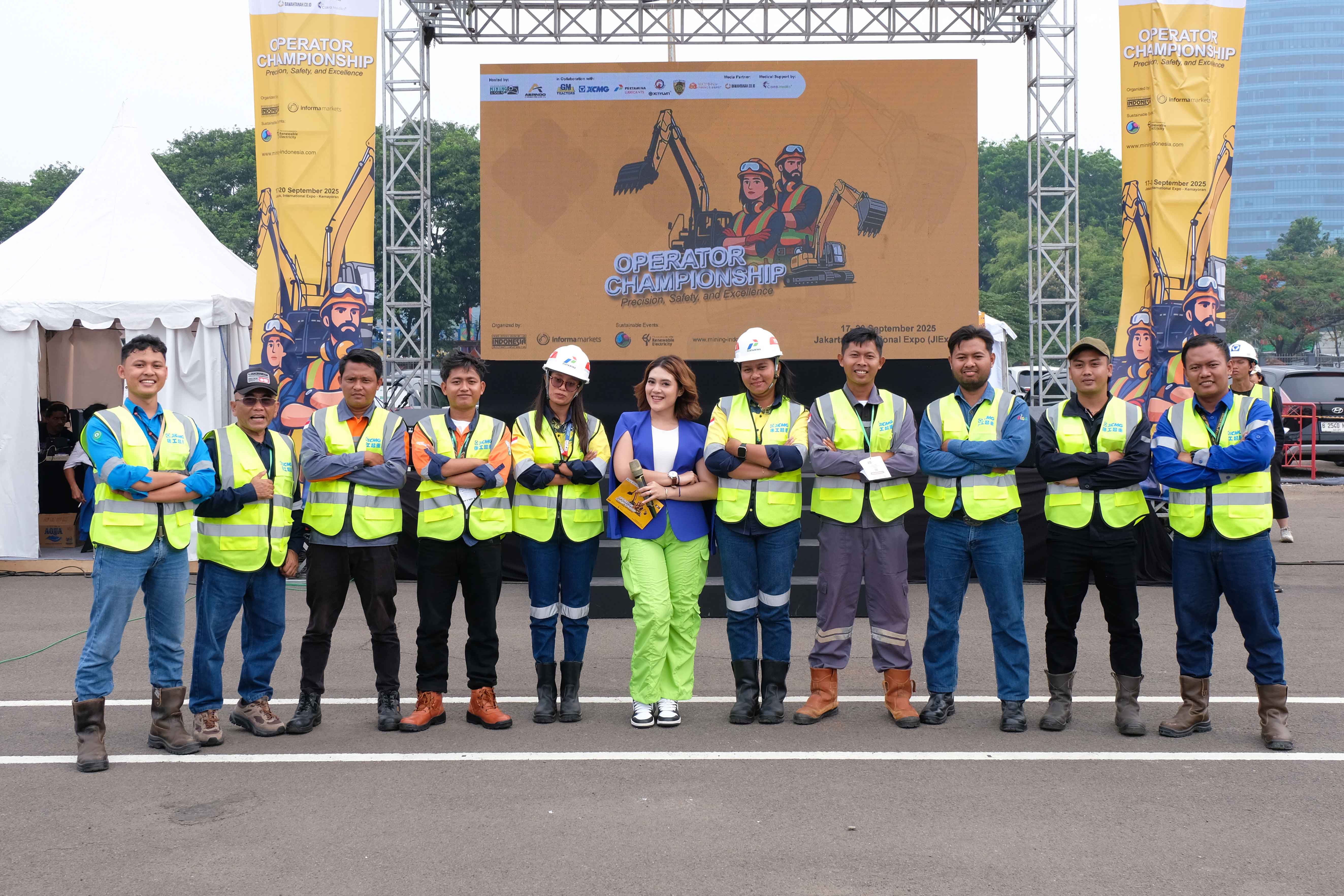
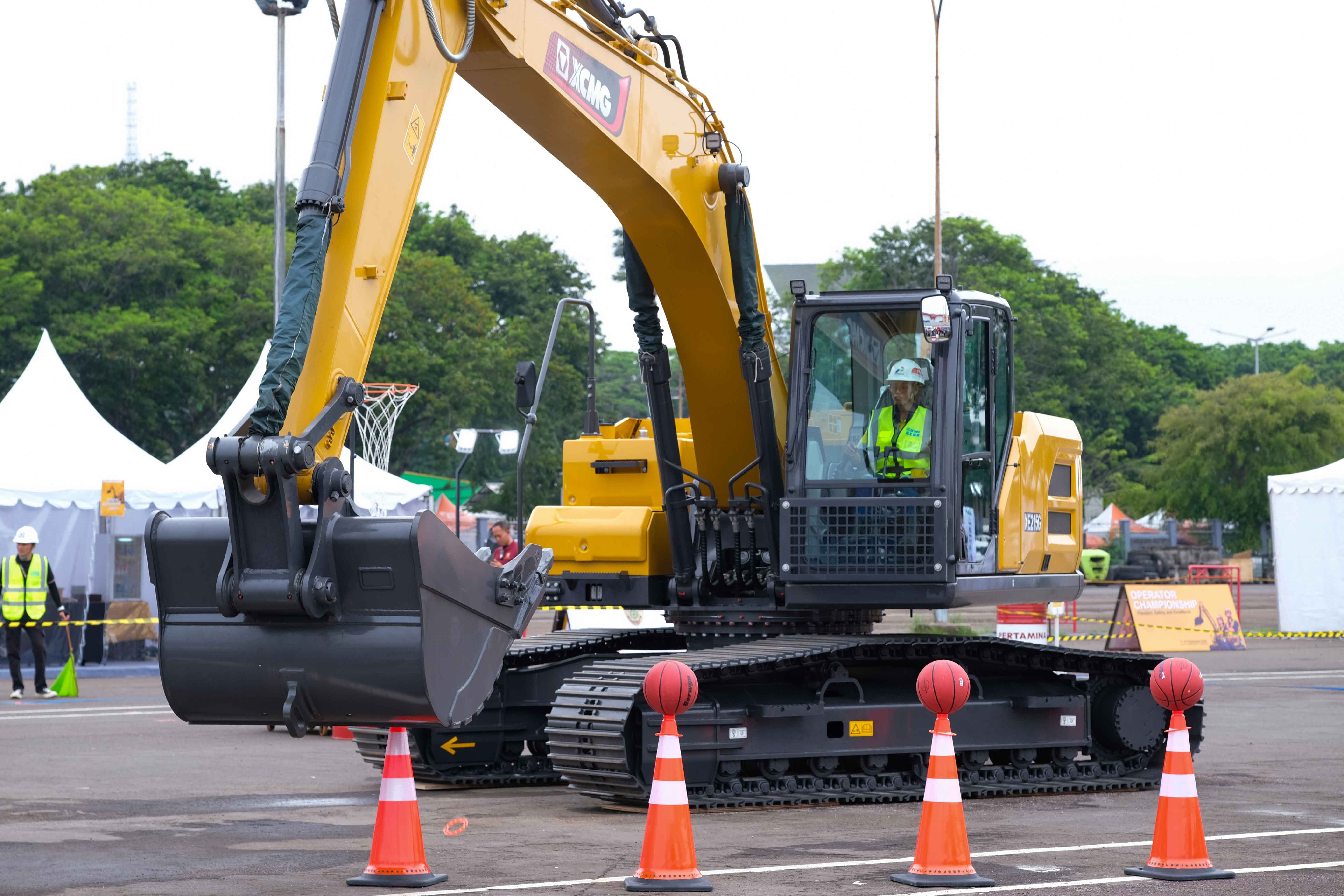
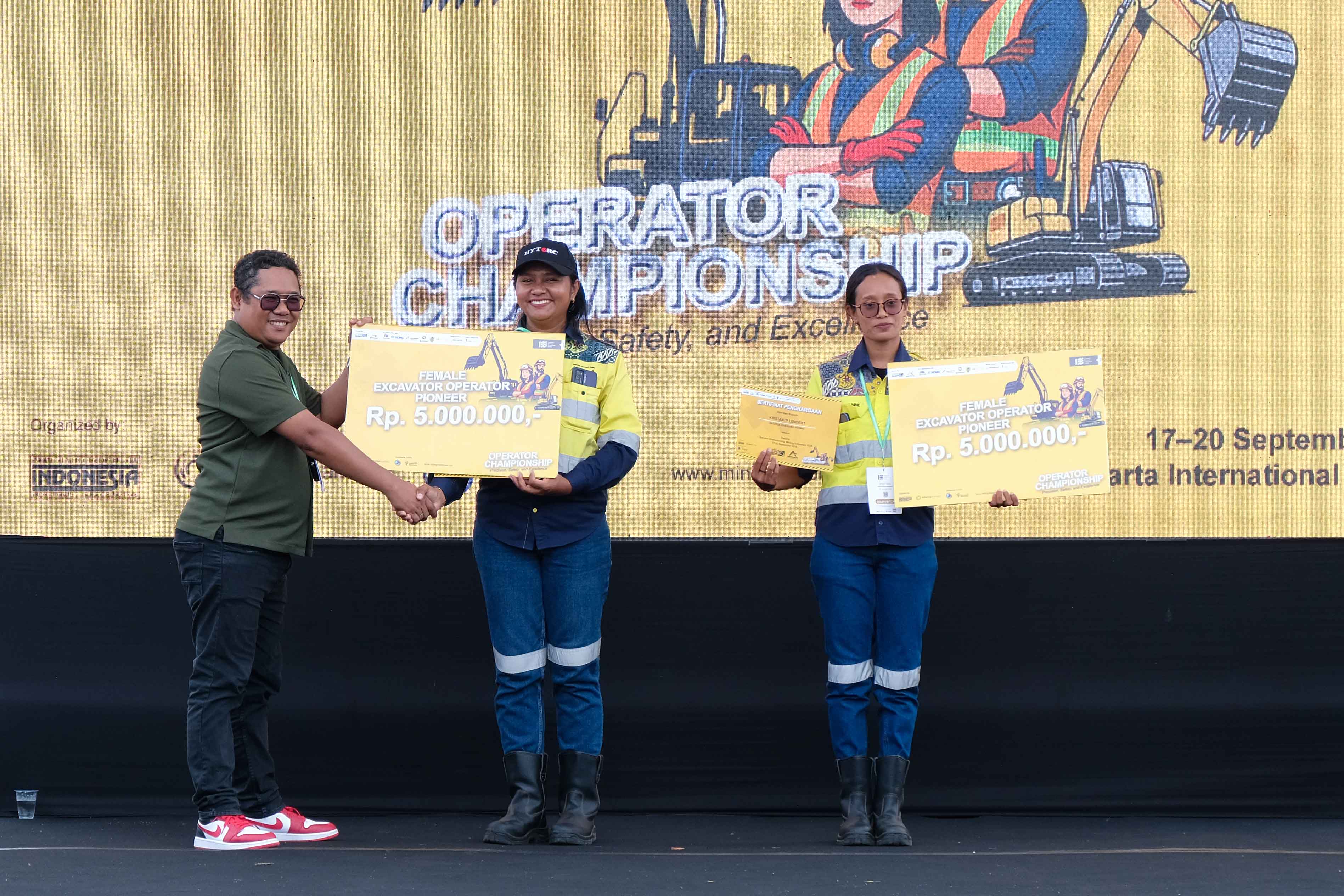
Kristanty Lendert and Yanti Maryana Pio among fellow operators, from competing to receiving their award.

